To Boldly Grow: Five New Journals Shaped by Open Science
Announcing the launch of five new journals, all addressing global health and environmental challenges and rooted in the full values of Open Science.

Send us a link
Announcing the launch of five new journals, all addressing global health and environmental challenges and rooted in the full values of Open Science.

Open Science requires a sustainable, trustworthy and comprehensive network of repositories that can support researchers around the world in managing, sharing and preserving their data, argue Science Europe, COAR, CoreTrustSeal, the European University Association, and the World Data System.

This factsheet is a result of the 57th online seminar "Practical Steps Towards Open and Reproducible Research" (10 February 2021), organised by the Helmholtz Open Science Office.
Tracking how factors such as biases and conflicts of interest creep into editorial boards requires better data.
Quickly sharing the genetic sequence of the new coronavirus in early 2020 made all the difference in the response to the pandemic.
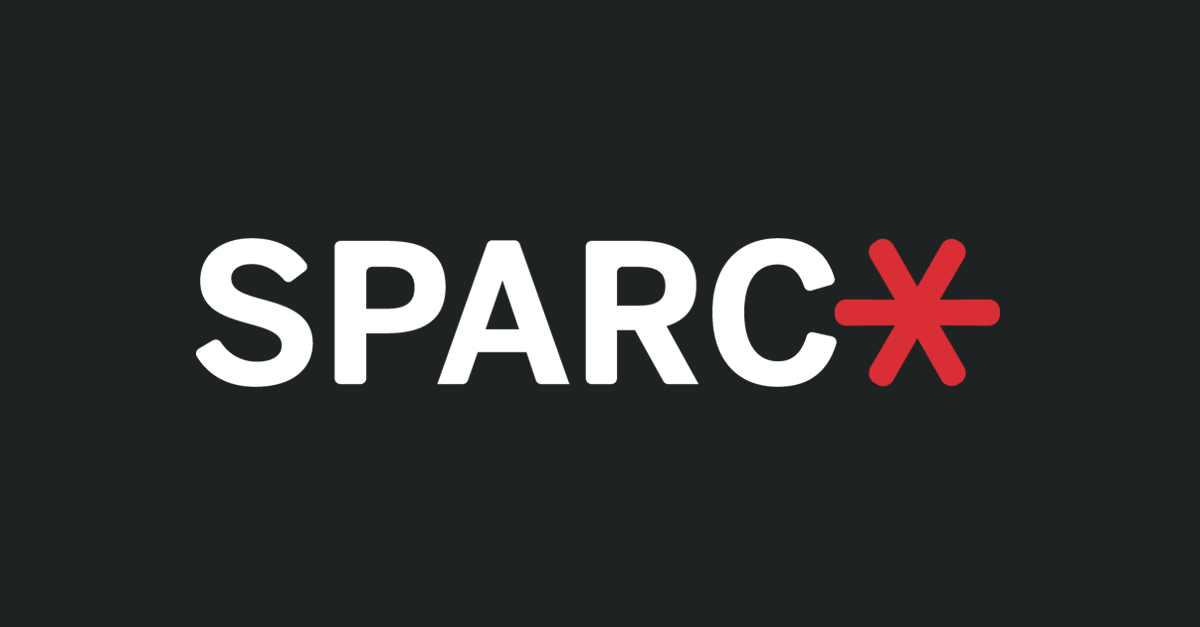
Researchers who receive federal help consistently fail to report their results to the public. The government should hold them accountable.
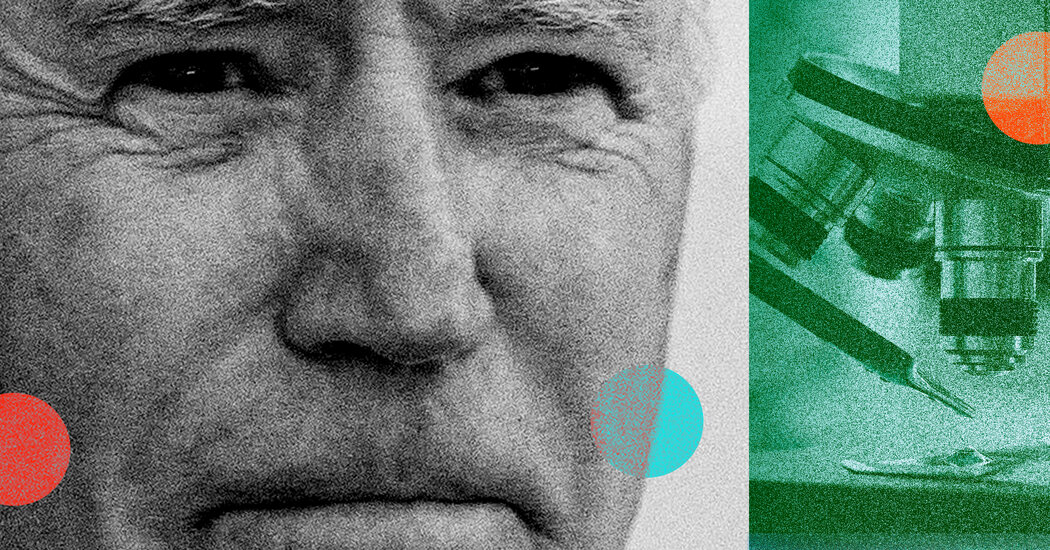
Unreliable research programmes waste funds, time, and even the lives of the organisms we seek to help and understand. Reducing this waste and increasing the value of scientific evidence require changing the actions of both individual researchers and the institutions they depend on for employment and promotion. While ecologists and evolutionary biologists have somewhat improved research transparency over the past decade (e.g. more data sharing), major obstacles remain. In this commentary, we lift our gaze to the horizon to imagine how researchers and institutions can clear the path towards more credible and effective research programmes.

Collectively referred to as Data Together, the four collaborating international data organisations-CODATA, GO FAIR, RDA, WDS-have a joint commitment to work together to optimise the global research data ecosystem and to identify opportunities that will trigger federated infrastructures to service the new reality of data-driven science.
We hope that the scale and reach of the Covid-19 pandemic will realise sustained change in the research culture, with openness and collaboration firmly embedded.

Search-engine co-founder Anurag Acharya explains why it now tells authors when their papers should be made free to read.

An Open Science initiative for the independent execution of computations underlying research articles during peer review to improve reproducibility.
"Open Editors" & "Open Syllabus" are two interesting datasets obtained from wide scale web scraping due to lack of structured , machine readable data
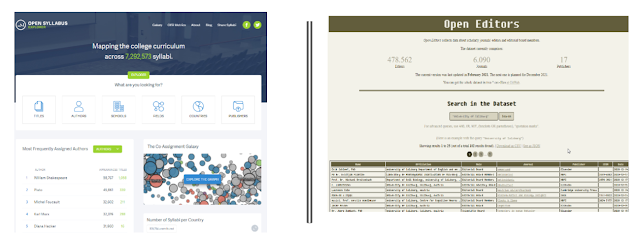
The advancement of science — an intrinsically iterative process — is contingent on reporting practices that enable data to be findable, accessible, interoperable, and reusable to permit independent scrutiny, replication, and follow-on investigations. The urgency associated with the pandemic has created an imperative to accelerate the adoption of open science.
New funding from The Andrew W. Mellon Foundation will support research and analysis into the hidden costs of open infrastructure. Hiring is now open for IOI's first Research Data Analyst.
PLOS generally refutes the assertion that OA via the UKRI policy is economically damaging, regarding the FTI Consulting report: "Economic assessment of the impact of the new Open Access policy developed by UK Research and Innovation".

At the 40th session of UNESCO’s General Conference, 193 Members States tasked the Organization with the development of an international standard-setting instrument on Open Science in the form of a UNESCO Recommendation on Open Science to be adopted by Member States in 2021.
Finding and reusing train-the-trainer materials in Social Sciences and Humanities: The SSH Training Discovery Toolkit The Training Discovery Toolkit is an inventory of various learning and training materials that trainers of different disciplines in the Social Sciences and Humanities (SSH) can use to find materials for re-use in their own training activities.
Open science means action. And the way we offer recognition and reward to academics and staff is key in bringing about the transition that we aim for.
Data sharing was a core principle that led to the success of the Human Genome Project 20 years ago. Now scientists are struggling to keep information free.
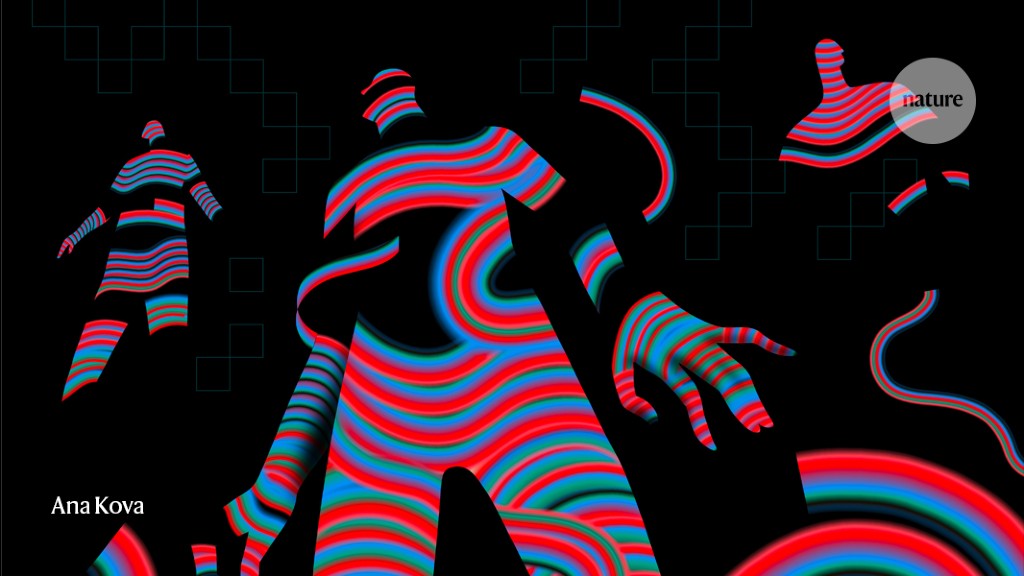
Lab and Study Protocols, two new article types at PLOS ONE that provide recognition for methods contributions, are now open for submission.
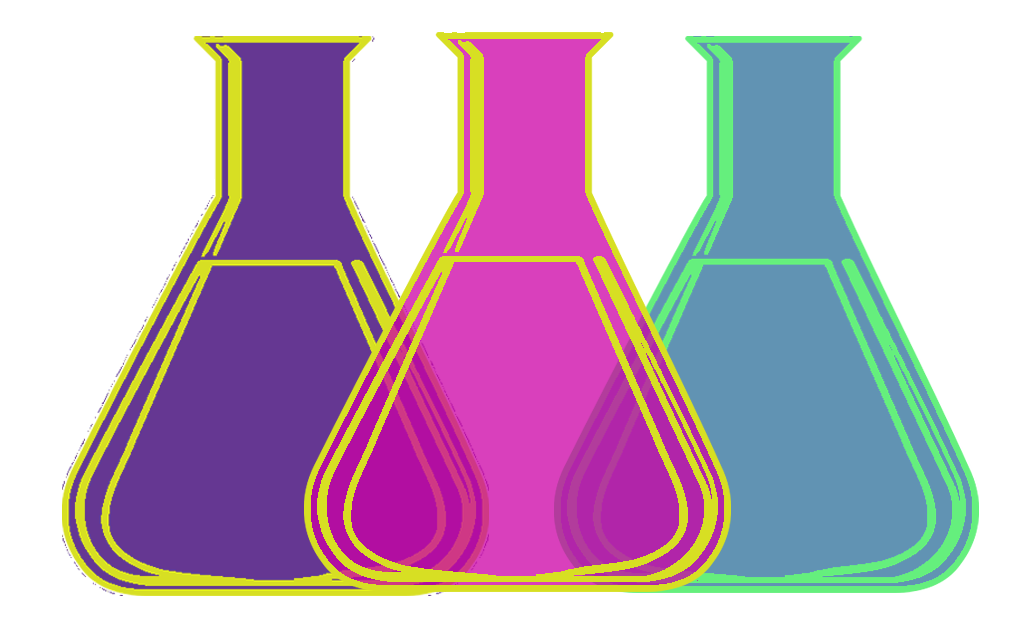
Other researchers say that restrictions at the largest SARS-CoV-2 genome platform encourage fast sharing while protecting data providers' rights.
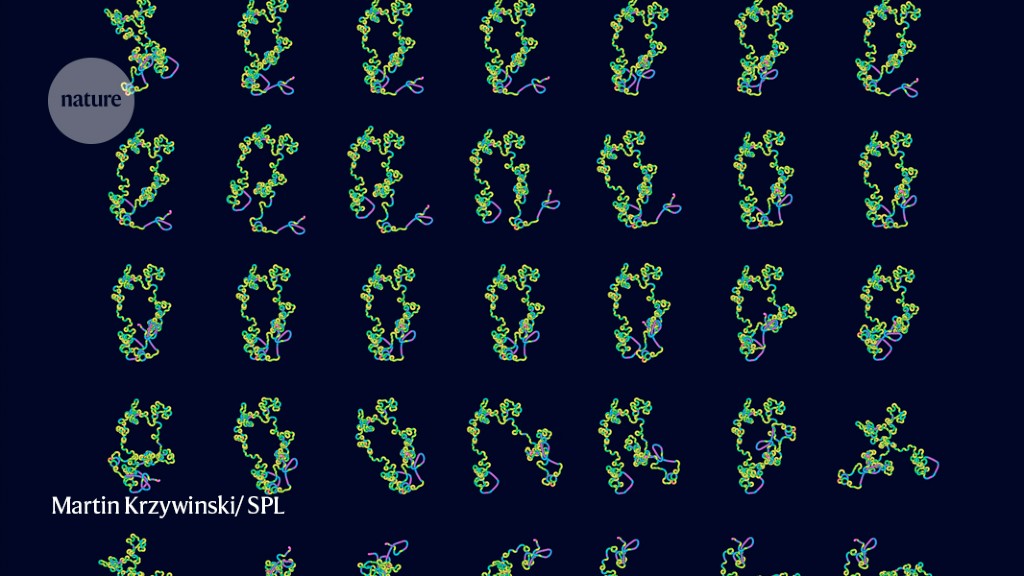
Podcasts were among the media winners of last year. Scientific podcasts in particular enjoyed great popularity. In fact, there are also some that deal specifically with Open Science. This article has 7 + 3 tips.
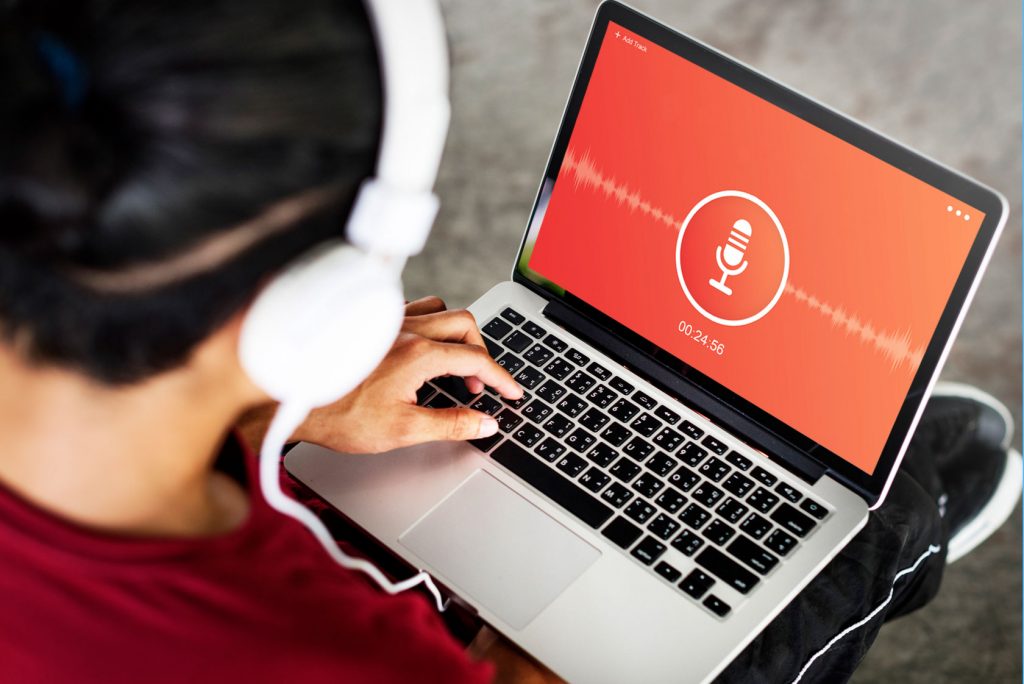
Access to information, and libraries as institutions that deliver it, are key to achieving the United Nations Sustainable Development Goals (SDGs).
Article: A Review of Open Research Data Policies and Practices in China
During an webinar on Wednesday 27 November 2021, from 14.00–16.30 CET, Science Europe will formally launch the second edition of its Practical Guide to the International Alignment of Research Data Management.
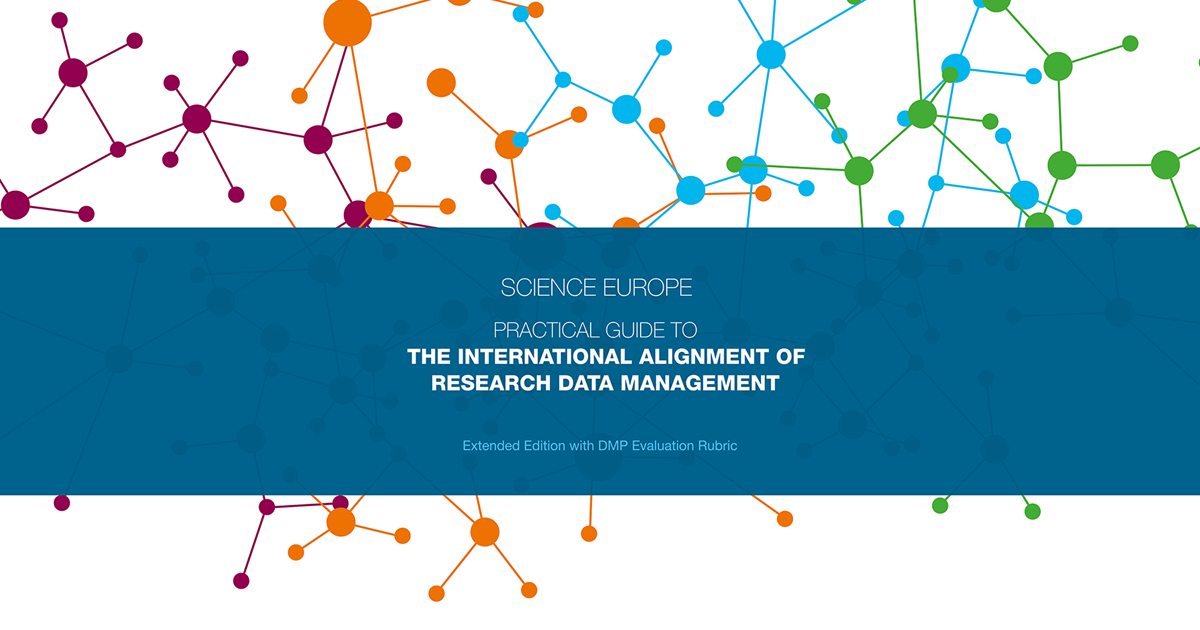
In this forward-looking spirit, sharing information about the coming EU funding framework seems to be an appropriate topic for the last DARIAH Open post in 2020. As such, this entry is having a look at how Open Science is taking shape in the nascent Horizon Europe funding programme for 2021-2027, what to expect and what are the major changes compared to the previous funding programme, Horizon 2020.

We are thrilled to announce that once again the Open Knowledge Foundation is giving out mini-grants to support people hosting Open Data Day events across the world.
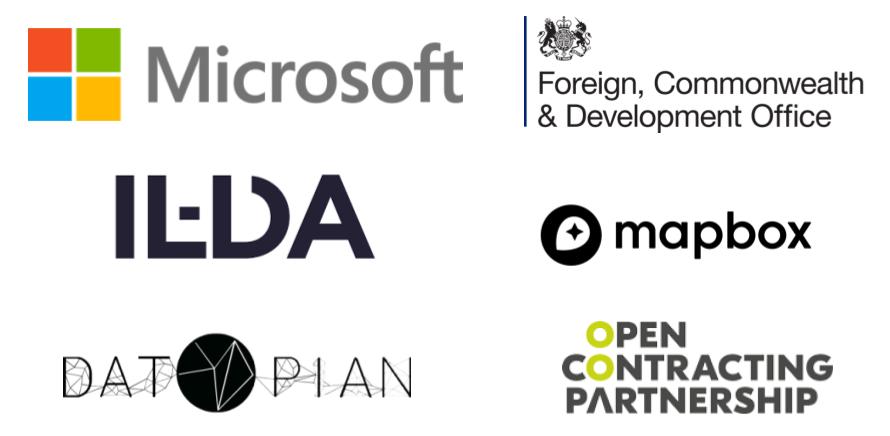
Move comes as publishers sue in India to block public access.

In the age of the internet, there's no such thing as a private debate. But is that bad for science?
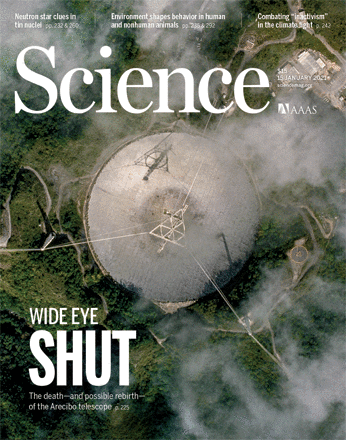
Persistent identifiers (PIDs) provide unique and long-lasting references to entities. They enable unique identification persistently over time and hence play a crucial role in supporting the FAIR principles.